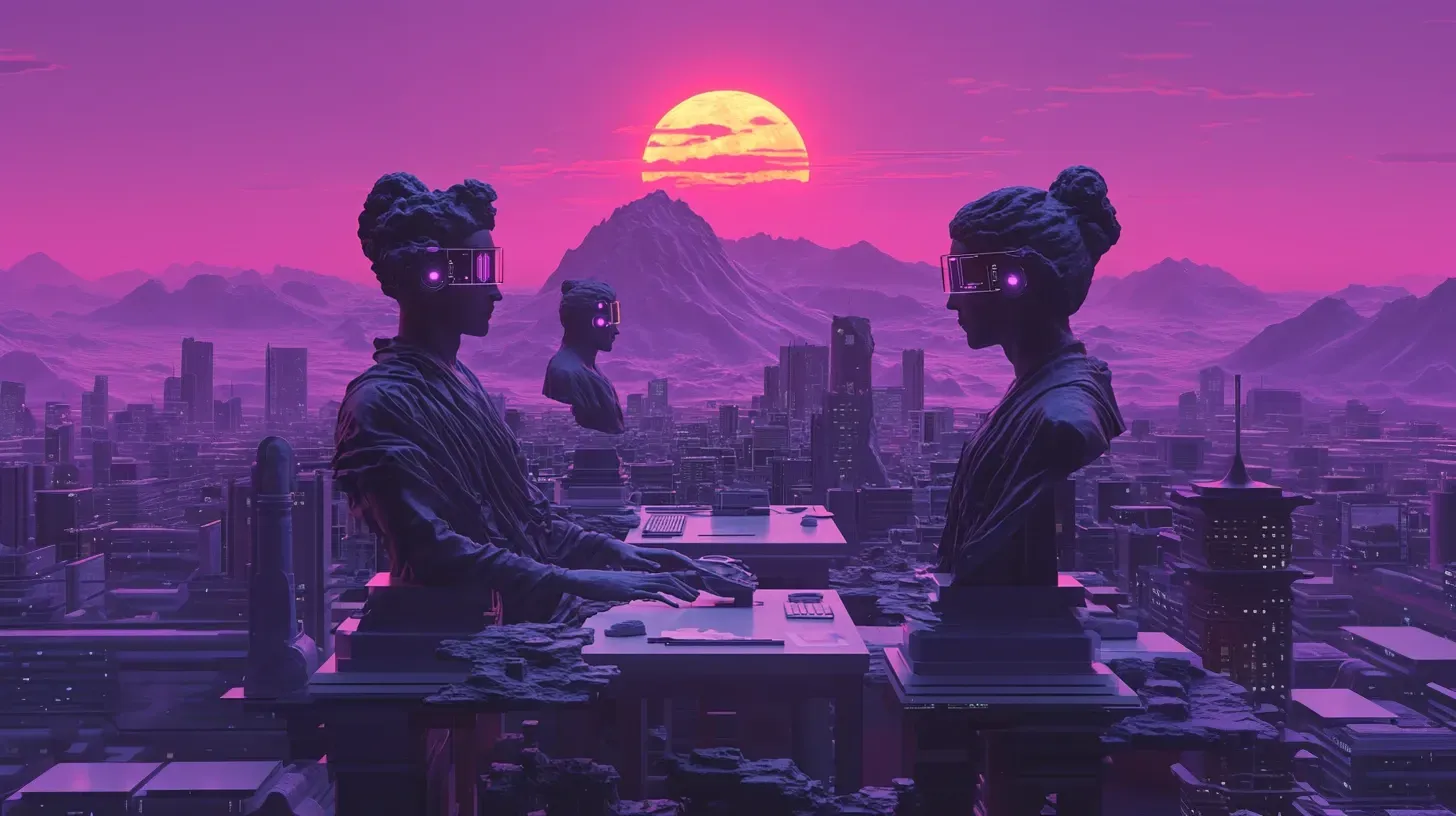Hello, hello, and welcome to the ConsensusLabs channel! Today, we’re diving into one of the most exciting topics in technology—AI Super Agents—super-smart systems that are transforming work at lightning speed. These AI systems are capable of handling tasks that once required PhD-level expertise, and they are set to change the world of work faster than any technological wave before. But the big question is: Are governments, companies, and organizations ready for this change? Let’s explore the proof, the future, and what’s happening right now—this is big!
What Are AI Super Agents?
Let’s start with the basics. AI Super Agents are not your average artificial intelligence systems. These are next-level systems designed to think, analyze, solve problems, and even create—much like a highly trained expert. For example, OpenAI’s o3 scored a stunning 96.7% on a challenging math exam in 2024 and 87.7% on graduate-level science questions. Then there’s DeepSeek’s R1, expected to be open-source and free in 2025—just as powerful.
What sets these AI Super Agents apart is their ability to go beyond simple tasks—they think, learn, and create in ways we’ve never seen before. This shift will dramatically impact jobs in the next 5-7 years, changing the work landscape much faster than past technological revolutions.
How Jobs Are Transforming
How exactly will AI Super Agents change the way we work? Let’s take a look at several fields:
Research: What used to take a scientist months of data crunching can now be done in days. With AI analyzing the data, scientists can focus on planning and innovation.
Healthcare: AI can detect diseases and tailor treatments in real-time, allowing doctors to spend more time with patients rather than focusing on tests.
Finance: AI identifies fraud in seconds, leaving bankers to make the big decisions rather than spending time on risk analysis.
Education: AI-driven tutors can cater to each student’s unique needs, freeing up teachers to focus on the bigger picture—guiding the overall vision of learning.
Creatives: Writers, artists, and designers can use AI to brainstorm and edit, giving them more time to focus on groundbreaking ideas.
Experts predict that this shift will be in full force by 2032, and the impact will be rapid and transformative.
Real-World Evidence
The proof is already here. Let’s take a look at the evidence:
OpenAI’s o3: Solved 25.2% of the hardest math problems—showing that these AI Super Agents can perform at the level of human experts.
DeepSeek’s R1: With 5 million downloads in a few months, R1 has become a popular tool for AI-powered problem-solving.
LinkedIn: The demand for AI skills increased by 20% in 2024 alone—indicating that businesses are starting to recognize the importance of AI in their workforce.
Scientists and Analysts: AI is already helping scientists in drug testing, cutting research time from years to just weeks. Financial analysts are now able to predict markets in days, not months.
The speed of change is undeniable, and we’re only seeing the beginning. In just under a decade, the full impact of AI Super Agents will be felt.
Are We Ready?
Now, the big question: Are we prepared for this shift? Unfortunately, the answer is still unclear. Governments are falling behind in terms of regulation and strategy.
For instance, the EU’s 2024 AI Act is vague, and the U.S. has yet to announce a concrete job transition plan as of March 2025. While big companies like Google have already spent over $50 billion on AI in Q1 2025, Deloitte reports that 60% of smaller firms still lack a solid AI strategy.
Education systems are also lagging behind. According to UNESCO, only 15% of universities currently offer retraining in AI—leaving many workers unprepared for the rapid changes ahead.
Future Job Projections
Looking to the future, the data paints a clear picture:
Gartner predicts that by 2035, 40% of brainy jobs, like scientists and analysts, will use AI Super Agents.
Oxford forecasts that **47% of U.S. jobs could disappear, especially roles like data entry, but new jobs will also emerge. We’ll see positions like AI orchestrators and ethics auditors.
The World Bank estimates that 375 million people will need retraining by 2030 to adapt to the new AI-driven workforce.
But it’s not all bad news. Goldman Sachs projects that AI could boost the global economy by $7 trillion, but only if we can adapt quickly enough.
Signs of Change Today
The future may be coming fast, but we’re already seeing signs of change today:
o3 is already breaking records, R1 is topping download charts, and Google’s DeepMind is solving complex medical problems.
AI startups

